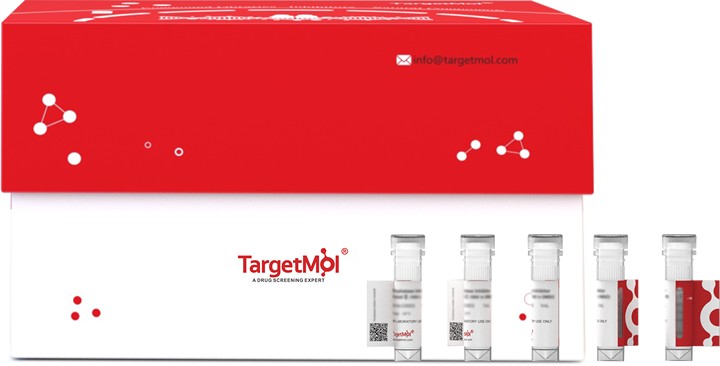Shopping Cart
Remove All Your shopping cart is currently empty
Your shopping cart is currently empty
IFN gamma Protein, Rat, Recombinant is expressed in CHO Cells. The accession number is P01581.

| Pack Size | Price | USA Warehouse | Global Warehouse | Quantity |
|---|---|---|---|---|
| 5 μg | $38 | - | In Stock | |
| 10 μg | $57 | - | In Stock | |
| 20 μg | $78 | - | In Stock | |
| 50 μg | $119 | - | In Stock | |
| 100 μg | $178 | - | In Stock | |
| 200 μg | $295 | 7-10 days | 7-10 days | |
| 500 μg | $585 | 7-10 days | 7-10 days | |
| 1 mg | $987 | 7-10 days | 7-10 days |
| Biological Activity | ED 50 < 2.5 ng/ml, measured by cytotoxicity assay using WEHI-279 cells, corresponding to a specific activity of > 4.0 × 10 5 units/mg. |
| Description | IFN gamma Protein, Rat, Recombinant is expressed in CHO Cells. The accession number is P01581. |
| Species | Rat |
| Expression System | CHO Cells |
| Tag | Tag Free |
| Accession Number | P01581 |
| Synonyms | type II interferon,T cell interferon,MAF,Immune Interferon,IFN-gamma,IFNG,IFI,IFG |
| Construction | Glu23-Cys156 |
| Protein Purity | > 95% as determined by SDS-PAGE; > 95% as determined by HPLC |
| Molecular Weight | 15~25 kDa (Non-reducing conditions) |
| Endotoxin | < 0.2 EU/μg of protein as determined by the LAL method. |
| Formulation | Lyophilized from a 0.2 μm filtered solution in PBS. |
| Reconstitution | Reconstitute the lyophilized protein in sterile deionized water. The product concentration should not be less than 100 μg/ml. Before opening, centrifuge the tube to collect powder at the bottom. After adding the reconstitution buffer, avoid vortexing or pipetting for mixing. |
| Stability & Storage | Upon receiving, this product remains stable for up to 6 months at lower than -70°C. Upon reconstitution, the product should be stable for up to 1 week at 4°C or up to 3 months at -20°C. For long term storage it is recommended that a carrier protein (example 0.1% BSA) be added. Avoid repeated freeze-thaw cycles. |
| Shipping | In general, Lyophilized powders are shipping with blue ice. Solutions are shipping with dry ice. |
| Research Background | Interferon-γ (IFN-γ), also known as Type II interferon or immune interferon, is a cytokine produced primarily by T-lymphocytes and natural killer cells. The active form of IFN-γ is an antiparallel dimer that interacts with the receptor IFN-γR1 and sets off IFN-γ/JAK/STAT pathway. IFN-γ signaling does diverse biological functions primarily related to host defense and immune regulation, including antiviral and antibacterial defense, apoptosis, inflammation, and innate and acquired immunity. While IFN-γ–induced inflammatory cascade summons a variety of immune-related cell types, such as macrophages, natural killer (NK) cells and cytotoxic T lymphocytes (CTLs), IFN-γ is also implicated in resistance to NK cell and CTL responses and in immune escape in a variety of cancers. |
| Size | Quantity | Unit Price | Amount | Operation |
|---|

Copyright © 2015-2026 TargetMol Chemicals Inc. All Rights Reserved.